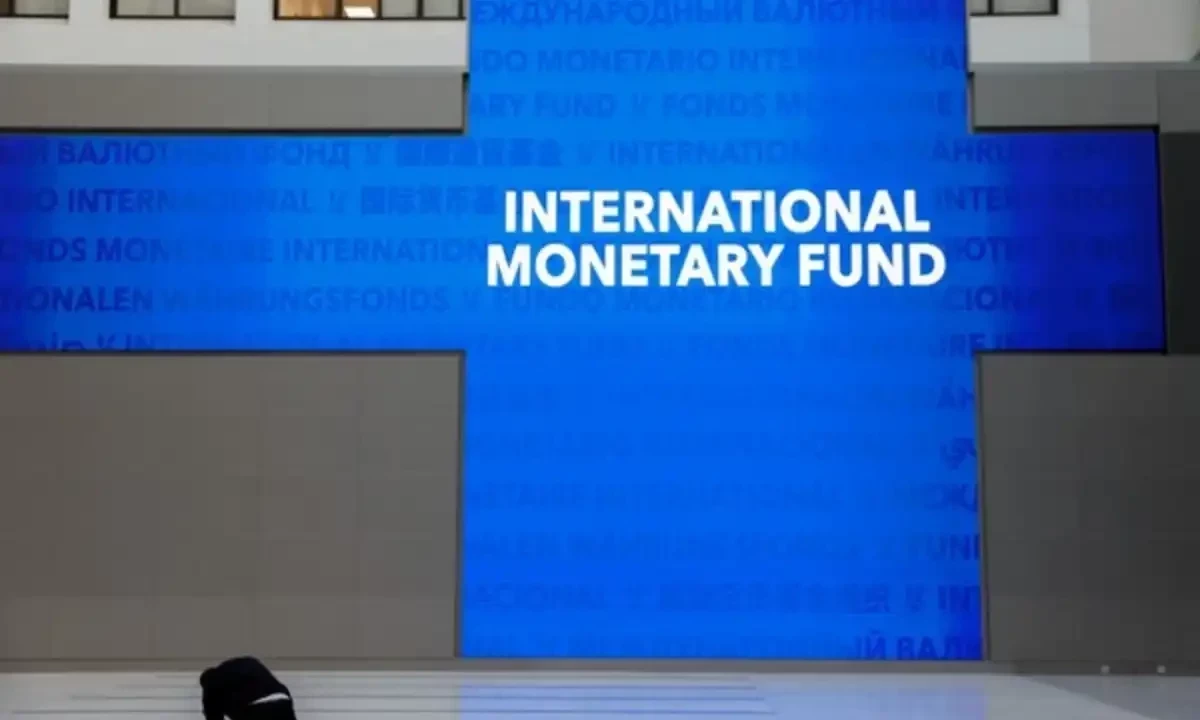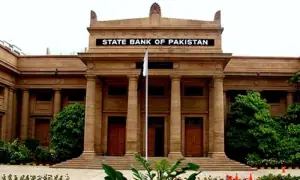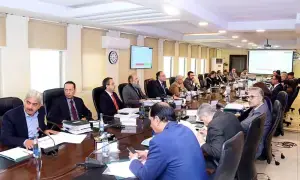ADB criticises Pakistan’s costly tax expansion measures amid limited revenue gains
Pakistan’s tax-to-GDP ratio remains among the lowest in the region, primarily due to the limited reach of its tax system and the dominance of informal economic activity, according to the latest report by the Asian Development Bank (ADB).
The report is titled “Taxing Informal and Hard-to-Tax Sectors: A Policy Guide,” which criticised Pakistan’s current tax policies for prioritising tax base expansion over meaningful compliance.
Moreover, the report noted that while nominal income tax revenue increased from under Rs500 billion in 2007 to nearly Rs1,500 billion by 2021, tax revenue as a percentage of GDP stagnated at 3–4%, indicating that real progress in compliance was minimal.
The ADB argued that expanding the tax base without improving compliance drove up administrative costs without delivering proportional revenue gains.
Despite a steady increase in tax return filings, many new filers declared zero or minimal income, contributing almost nothing to national revenue.
Between 2014 and 2021, Pakistan tripled the size of its formal sector, but tax revenues in 2021 remained nearly the same as in 2007, exposing the disconnect between formalisation efforts and actual fiscal outcomes.
The government implemented a series of cost-intensive, coercive measures aimed at expanding the tax base and penalising non-compliance. These included:
-
Higher withholding tax rates for non-filers — often twice as high, and in some instances, 20 times higher.
-
Restrictions on high-value transactions — from 2018, non-filers were barred from purchasing property above Rs5 million and registering vehicles.
-
Mandatory proof of tax filing for professional licences, government contracts, and membership in certain professional bodies.
The government also proposed additional punitive policies, such as:
-
Banning non-filers from international travel, with exceptions for religious or educational trips.
-
Imposing a Rs30 million annual cash withdrawal limit on non-filers.
-
Further bans on non-filers from purchasing immovable property or vehicles.
The ADB called for a re-evaluation of tax policies, warning that the focus on quantity over quality in taxpayer registration had not enhanced Pakistan’s fiscal capacity. Instead, it recommended:
-
Simplifying the tax process
-
Targeting compliance improvements among existing taxpayers
-
Allocating limited enforcement resources more strategically
Pakistan’s experience aligned with that of countries like Rwanda, South Africa, and Uganda, where tax base expansion did not result in higher revenue collections.
In 2022, Pakistan had one of the lowest rates of labour force participation in the personal income tax system (7.6%), and the income tax gap was estimated at 30%, with a 24% gap in sales tax collection.
For the latest news, follow us on Twitter @Aaj_Urdu. We are also on Facebook, Instagram and YouTube.


























Comments are closed on this story.